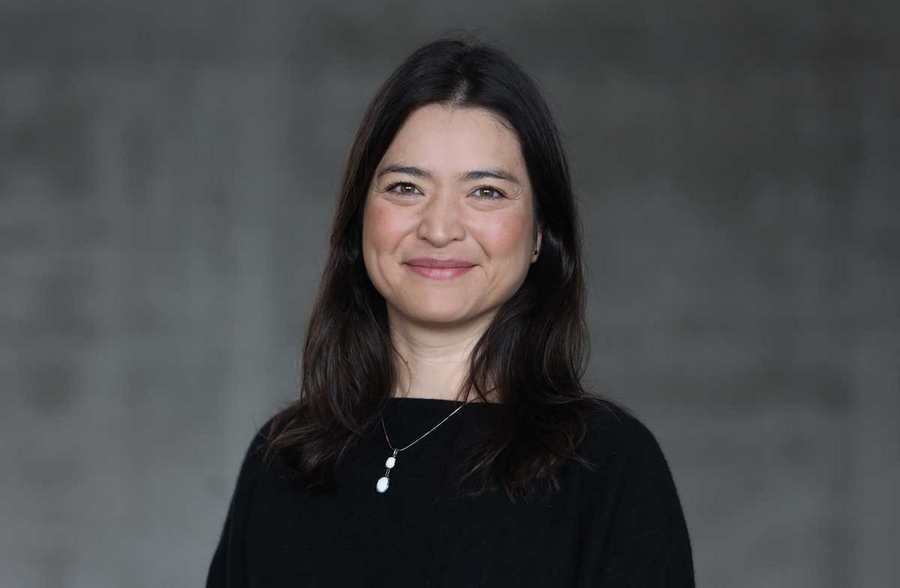
Sandra Scharaw © Katrin Boes/MPI-CBG
Sandra Scharaw started as a new research group leader at the Max Planck Institute of Molecular Cell Biology and Genetics. She and her research group are interested in how tissues in our body renew and how this changes with age. The vision of the research group is to uncover the principles of endomembrane organelle organization in stem cells during health and age-associated diseases.
Sandra says: “Our goal is to understand how tissue renewal is driven by the organization of endomembrane organelles and how age can affect this. The organ that we use to address this is super fascinating: it's the small intestine. In the small intestine, adult stem cells constantly transport signals along their endomembrane organelles to communicate with their microenvironment, and based on this crosstalk, they make the decision to divide and constantly replace old cells with new cells. The difficulty is that as we age, our ability to renew tissue decreases since our stem cells lose some of their functionality. They are unable to properly renew our intestines, which can cause diseases such as intestinal inflammation or cancer. Our goal is to eventually gain the information necessary to identify and correct the dysfunctions that come with aging.”
Welcome to the institute, Sandra!
Sandra has an educational background in Cell and Molecular Biology. During her PhD at the EMBL Heidelberg in Germany, she studied the secretory membrane machinery regulation of cells using imaging-based membrane transport assays. In 2016, Sandra moved to the Karolinska Institute in Stockholm, Sweden, for her postdoctoral studies, where she translated her membrane biology knowledge to the tissue level. She focused her research on the organization of secretory membrane organelles in adult tissue stem cells and developed approaches in 3D organoid culture systems to study membrane transport in stem cell-mediated tissue renewal.